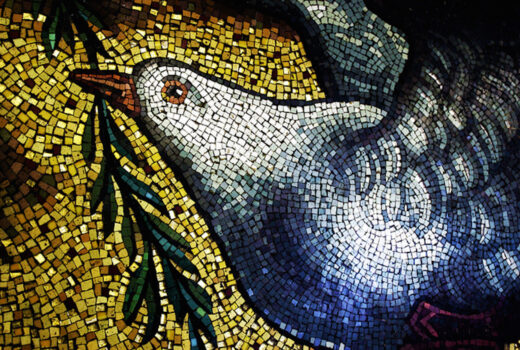A full list of STWR’s publications as well as related news, articles and blogs can be found below.
How the United Nations should respond in the age of global dissent
Article / 8th April 2017The peoples of the world need the United Nations more than at any time since 1945. It must not allow itself to remain mainly as a vehicle for the aggregation of national interests, or worse, as an instrument of power to be deployed by the geopolitical giants – especially the United States.Three UN veterans make their case for reforming and reempowering the world’s most ambitious organisation, by Hans-C. von Sponeck, Richard Falk amd Denis Halliday.
Seven ways to think like a 21st century economist
Article / 8th April 2017It’s time to write a new economic story fit for this century – one that sees the economy’s dependence upon society and the living world, writes Kate Raworth for openDemocracy’s Transformation.
UN, partners warn 108 million people face severe food insecurity worldwide
Article / 8th April 2017Despite international efforts to address food insecurity, around 108 million people worldwide were severely food insecure in 2016, a dramatic increase compared with 80 million in 2015, according to a United Nations-backed report on food crises that offers benchmark for action needed to avoid catastrophe.
Corporate influence on the G20
Report / 24th March 2017Take a closer look behind the flowery language, and it reveals that corporate influence on the G20 discourse entails considerable risks and side-effects. It’s time to the imbalances in G20 policies, and the double standards in its openness towards business and civil society – for which substantial reforms are necessary. A new report by Jens Marten for Heinrich Böll Stiftung and Global Policy Forum.
Commoning governance: a shift in the value regime
Article / 24th March 2017Today, a new value regime is being born, one that is not based on surplus value created in the market through capital and labour, but through contributions that are recognized as such by ‘sovereign value communities’. The question is: how can we, ourselves, create and control the surplus value that we create through our work, and reinvest it in autonomous peer production communities?



